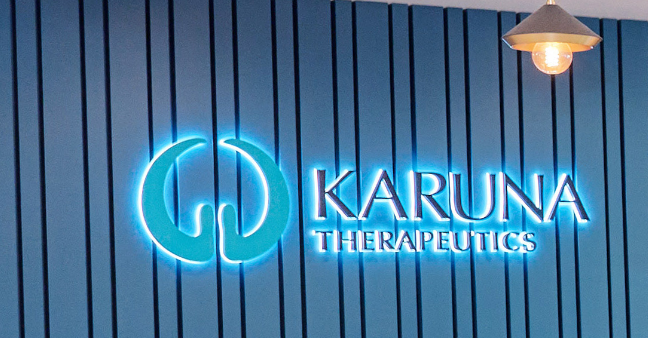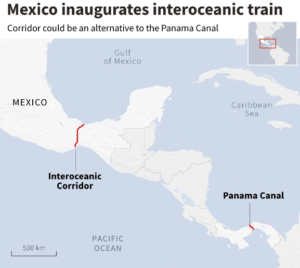In a significant strategic move, Bristol Myers Squibb (BMS) has announced its acquisition of Karuna Therapeutics for a staggering $14 billion in cash. This acquisition is aimed at fortifying BMS’s drug pipeline, particularly in light of the impending expiration of patents on some of its key therapies.
One of the driving forces behind this acquisition is Karuna’s promising experimental drug for schizophrenia, KarXT. BMS sees KarXT as a key player in driving its growth trajectory well into the late 2020s and beyond. This is particularly crucial for BMS as it faces declining demand for its flagship drugs, Revlimid and Eliquis, due to generic competition.
However, this move comes at a time when BMS is also anticipating revenue losses from other top-selling drugs like Opdivo and Eliquis as they approach patent expiration. The latter is especially significant, as it is expected to be subject to price negotiations by the U.S. Medicare health program in 2026.
Despite the potential benefits of the acquisition, BMS’s shareholders have shown some concern, as evidenced by a 3% fall in the company’s shares before the announcement. The company expects to finance the deal mainly through new debt, which is projected to impact its earnings per share by approximately 30 cents in 2024.
This acquisition of Karuna follows BMS’s recent move to acquire Mirati Therapeutics for up to $5.8 billion, demonstrating its commitment to expanding its portfolio through strategic acquisitions.
Analysts have high expectations for KarXT, forecasting multi-billion-dollar sales. The drug’s unique profile, belonging to a new class of medications with potentially fewer side effects like weight gain, has sparked optimism in the market.
The deal also reflects a broader trend of growing interest in neuroscience treatments, as evidenced by AbbVie’s recent acquisition of Karuna’s rival, Cerevel Therapeutics, for $8.7 billion.
Despite potential concerns about antitrust issues, analysts believe that the acquisition price reflects a competitive process, indicating confidence in the deal’s regulatory approval.
In conclusion, Bristol Myers Squibb’s acquisition of Karuna Therapeutics for $14 billion underscores its strategic intent to bolster its drug pipeline and navigate the challenges posed by patent expirations and generic competition. The acquisition of Karuna’s promising schizophrenia drug, KarXT, aligns with BMS’s vision for sustained growth and reaffirms its commitment to innovation in the pharmaceutical industry.
(Source: WSJ | Reuters | Business Wire)









